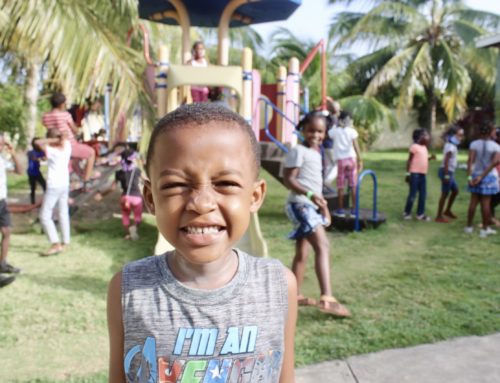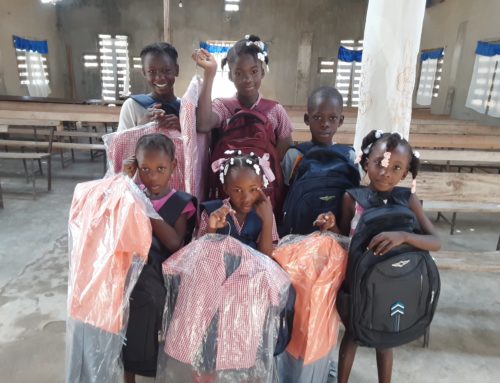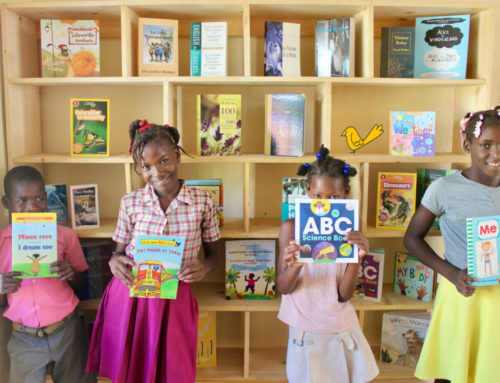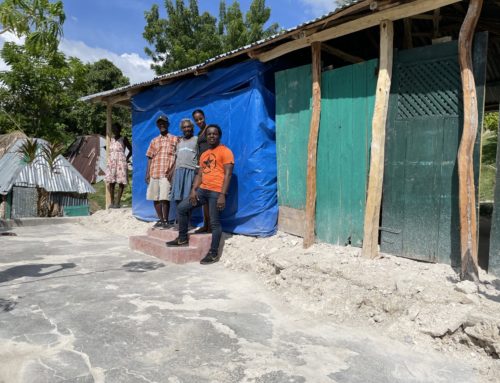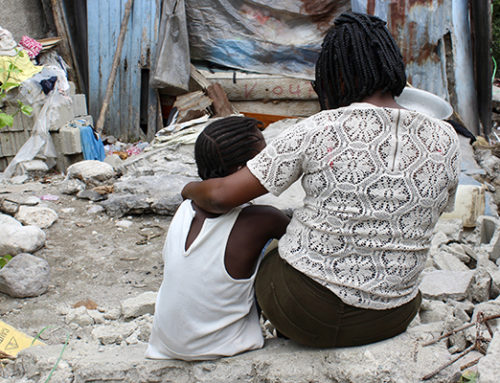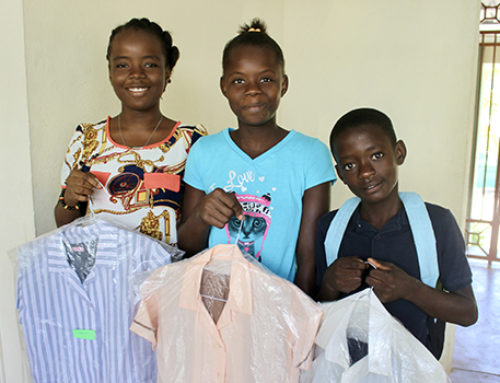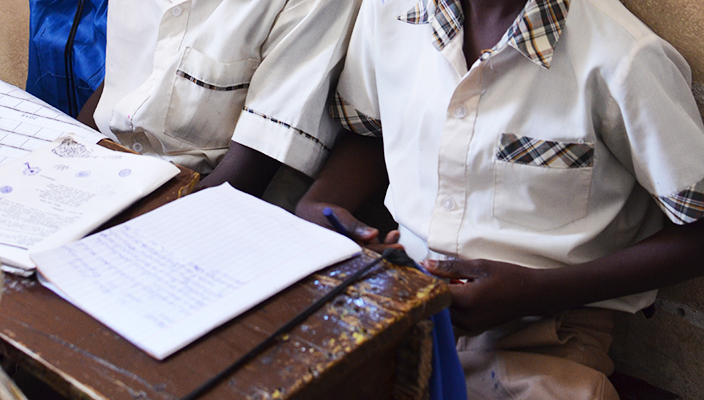
When you try to imagine educational experiences in Haiti – whether from the perspective of a child, a parent, or a teacher – you likely conjure up something very different than the educational experiences we enjoy in the United States. While Haitian children, parents, and teachers do face different challenges than what we might encounter at home, they also share some of the same concerns, such as the costs of schooling, our ability to teach children who aren’t familiar with the national language, and an education’s impact on our futures.
Take a look at some of the similarities and differences between education in the United States and Haiti.
1. Language as a Barrier
Just as English is the primary language of the U.S. education system, the Haitian education system’s primary language is Creole. Unfortunately, this can sometimes isolate children of poor families who do not know Creole and who are not able to participate in even the most standard educational opportunities. While we see a similar issue in the United States with our inability to teach non- English-speaking children (such as the children of immigrants), the issue is far more widespread in Haiti where obstacles like this keep the enrollment rate in primary education at around 30 percent. To make matters worse, the entrance exams required to get into secondary education are not in Creole but in French, the language of Haiti’s elite administrative and government officials.
2. Parents Have a Choice to Make
In the United States, many parents wrestle with the choice of whether to send their child to public or private school – one funded by tax dollars or requiring a tuition, one with secular teachings or a religious affiliation. In Haiti, parents have the same choices in many cases, but due to extreme poverty levels that the majority avoid in the United States, Haitian parents often can’t make the choices they would like. About 90 percent of schools in Haiti are private and run by for-profit, non-governmental, and religious institutions. Private schools require a tuition, which is sometimes impossible for parents to pay and, if there is no public school nearby, their children must go without an education.
3. Teachers Face Struggles as Well
It’s not uncommon in the United States to hear about the struggles of teachers. They deeply care about their students and want to give them the best opportunities possible, but a lack of funds often gets in the way. Teachers also often operate on a poor salary and use a portion of that salary to purchase items for the classroom. The same can be said for teachers in Haiti. Teachers are often underpaid and asked to take on large responsibilities, some of them teaching upwards of 100 children at once. Teachers with high qualifications recognize that they can earn more outside of the country and sometimes choose to take their chances elsewhere.
4. No Education, Fewer Job Opportunities
As more students in the United States take on college debt in hopes of a better job in the future, Haitian students recognize that, without education, they won’t have many career options. While American resources allow our children to pursue their dreams, even if there is a little struggle, Haitian children often do not have the same luxury. If they cannot afford the out-of-pocket costs for higher education, they resort to a life of agricultural or similar work.
5. An Education Can Mean Everything
An education can mean everything in the United States and the same is true in Haiti. Education determines your quality of life in so many ways, but the differences between an educated life and an uneducated one in Haiti is so much more dramatic than in the United States. In Haiti, it can mean the difference between survival and starvation.
Quite often in Haiti, impoverished children are sent to live with more affluent relatives or neighbors. This entrance into what is called “the restavek system” typically guarantees domestic slavery and no educational opportunities whatsoever.
Restavek Freedom focuses on child advocacy, sponsorship, and education for the benefit of all. If you recognize the importance of educating our children, join our efforts and learn more at restavekfreedom.org.




